Scabs are the body’s natural way of protecting a wound from external agents. While they protect us from further damage and infection, they can be quite unsightly when they appear on the face. Healing scabs on the face quickly is often a priority to ensure that it is not noticeable to others. In this article, we will share how you can heal scabs on your face fast, as well as discuss some tips to help prevent new ones from appearing in the future. Read on to learn more!
What are scabs?
Scabs are a natural part of the healing process. When your skin is injured, it forms a scab to protect the wound from infection. Scabs typically fall off within a week or two, but sometimes they can linger for longer. If you have a scab on your face, there are several things you can do to help it heal faster.
Apply a warm compress: Applying a warm, damp compress to your scab can help loosen and remove it. Be sure to clean the area first to prevent infection.
Gently scrub the scab: Using a soft washcloth or cotton swab, gently scrub the scab in a circular motion. This will help loosen and remove the scab without damaging the new skin underneath.
Moisturize the area: Keeping your skin hydrated will help speed up the healing process. Apply a thin layer of petroleum jelly or moisturizer to the area around your scab.
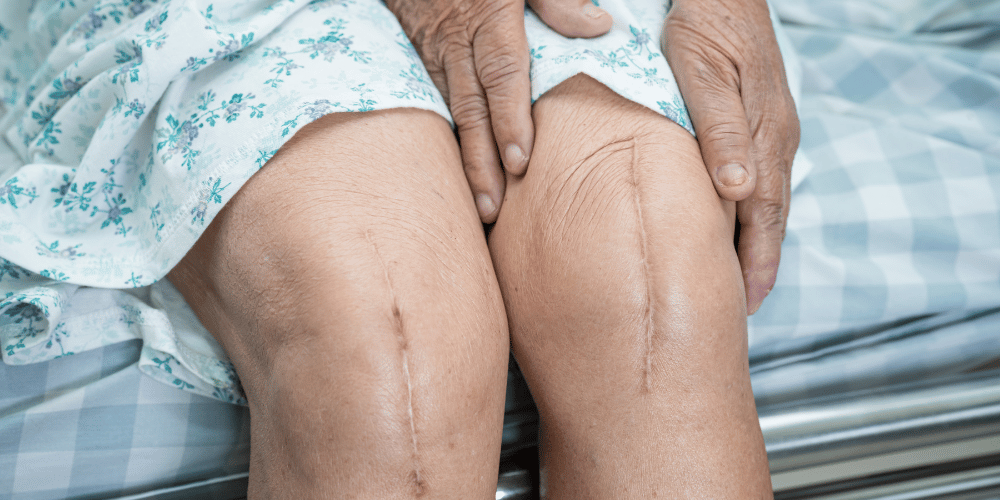
What causes scabs?
There are many things that can cause scabs on your face. Common causes include:
-Acne: Acne is a common skin condition that can cause scabs on your face. Acne occurs when your pores become clogged with oil and dead skin cells. When the pores become clogged, bacteria can grow and cause inflammation.
-Eczema: Eczema is a chronic skin condition that can cause dry, cracked, and itchy skin. Scratching the itch can cause scabs to form.
-Psoriasis: Psoriasis is a chronic skin condition that causes red, scaly patches of skin. The patches are often itchy and can bleed if scratched.
-Dermatitis: Dermatitis is a general term for any inflammatory skin condition. There are many types of dermatitis, but they all share the common symptom of itching. Scratching can lead to scab formation.
-Insect bites: Insect bites can leave behind itchy welts that are susceptible to scratching. Scratching can lead to scab formation.
-Skin infections: Skin infections, such as impetigo, cellulitis, and folliculitis, can also cause scabs on your face. These infections are usually caused by bacteria or fungi and can be contagious.
How to heal scabs naturally
If you have a scab on your face, there are a few things you can do to help it heal quickly and safely.
1. Keep the area clean. Gently wash the area around the scab with warm water and soap. This will help keep bacteria from getting into the wound and causing an infection.
2. Apply a healing ointment. There are many over-the-counter healing ointments that can speed up the healing process. Be sure to read the directions carefully and only apply the ointment to the scab, not the surrounding skin.
3. Cover the scab. If you have a large scab or one that is in a visible place, you may want to cover it with a bandage. This will help protect it from dirt and bacteria while it heals.
4. Leave it alone. It may be tempting to pick at or scratch your scab, but this can delay healing and increase your risk of infection. Let your scab fall off on its own when it’s ready.
How to prevent scabs
One of the best ways to prevent scabs on your face is to keep your skin clean and moisturized. Wash your face twice a day with a gentle cleanser and apply a light layer of lotion or cream. Avoid picking at your skin, as this can lead to infection and scarring. If you do get a cut or scrape, clean it immediately with soap and water and apply a bandage.
It is also important to protect your skin from the sun by wearing sunscreen and avoiding tanning beds. Sun exposure can cause skin damage and increase the risk of scabbing. If you do get a sunburn, apply a cold compress or aloe vera gel to soothe the area.
Finally, it’s important to practice good hygiene by washing your hands regularly and avoiding contact with people who have skin infections.
What causes scabs on the face?
There are many potential causes of scabs on the face. Some common causes include:
-Acne: Acne can cause scabs on the face as a result of the pimples and blackheads.
-Eczema: Eczema is a skin condition that can cause scabs on the face.
-Dermatitis: Dermatitis is another skin condition that can cause scabs on the face.
-Infections: Skin infections can also cause scabs on the face.
How to heal scabs on the face fast
If you have a scab on your face, you may be wondering how to heal it fast. There are a few things you can do to speed up the healing process.
First, keep the area clean and dry. This will help prevent infection and promote healing. You can also use a mild soap to gently clean the area.
Second, apply a bandage to the area if it is bleeding or open. This will help protect the wound and keep it clean.
Third, use an over-the-counter antibiotic ointment or cream to help speed up healing. Be sure to follow the directions on the package carefully.
Fourth, take acetaminophen or ibuprofen for pain relief if needed.
Finally, avoid picking at or scratching the scab as this can delay healing and lead to infection. If you have any questions about how to heal scabs on your face, consult your doctor or dermatologist.
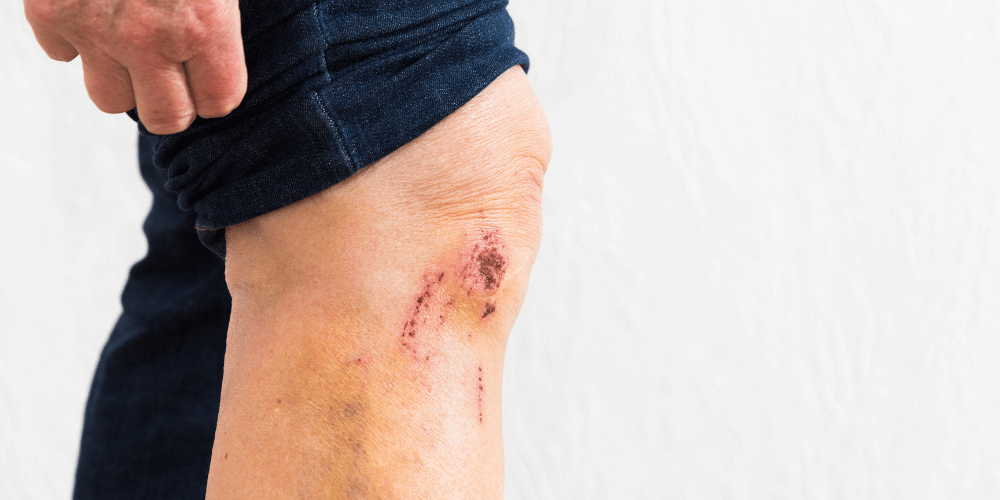
Natural remedies for healing scabs on the face
Scabs on the face can be unsightly and uncomfortable. Thankfully, there are a number of natural remedies that can help to heal scabs quickly and effectively.
One simple remedy is to apply a warm, wet compress to the affected area several times a day. This will help to soften the scab and promote healing.
Another effective remedy is to make a paste out of baking soda and water and apply it to the scab. Leave it on for 15 minutes before washing it off.
You can also try applying some honey to the scab. Honey is a natural antibacterial agent that can help to speed up healing.
If you have an essential oil such as lavender or tea tree oil, you can add a few drops to a cotton ball and apply it to the scab. This will help to soothe irritation and promote healing.
Whichever remedy you choose, be sure to clean the area around the scab before each application. This will help prevent infection and speed up healing.
Conclusion
Scabs on your face can be unsightly and uncomfortable. Fortunately, there is a range of home remedies that you can use to heal scabs quickly and effectively. With the right approach, you may be able to reduce swelling, redness, and itchiness in just a few days. From over-the-counter creams to natural ingredients like aloe vera or honey, it’s important to choose the best treatment for your particular situation. We hope this article has given you some useful tips on how to heal scabs fast!

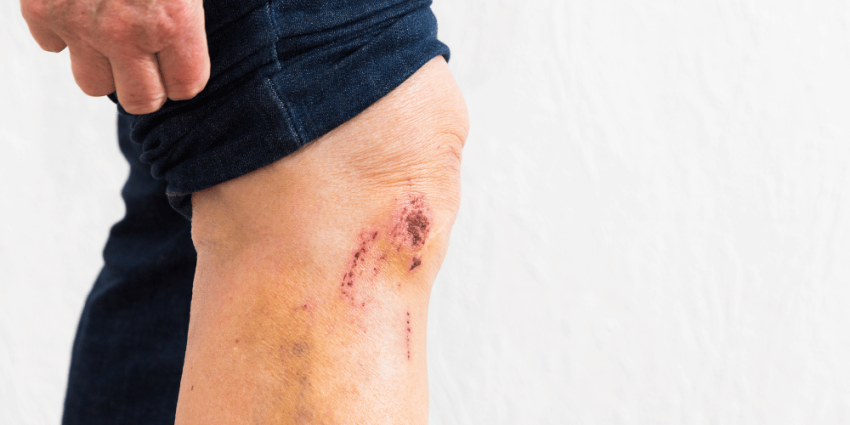


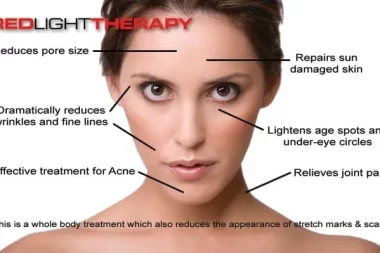
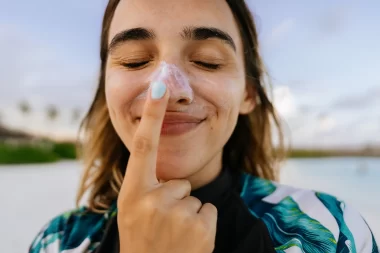
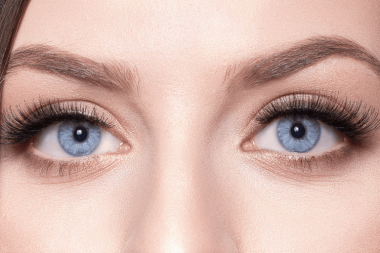

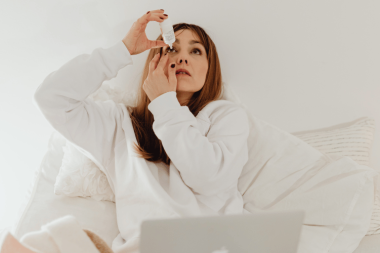
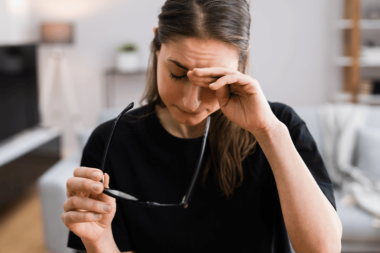
Leave a Reply